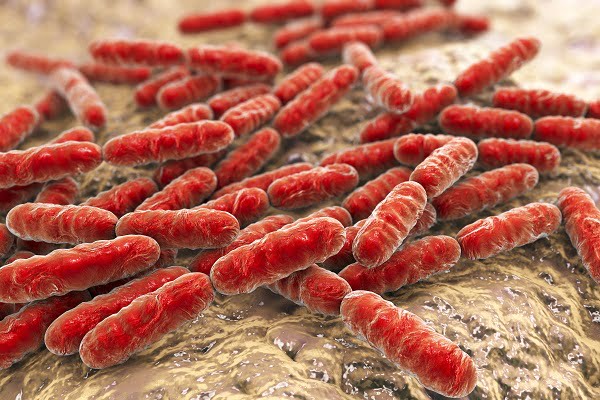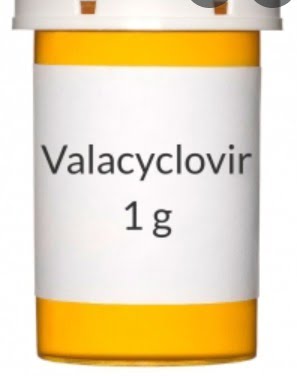What is an HSV 2 Outbreak? How often do HSV 2 outbreaks occur?
- Updated on: Jul 9, 2024
- 3 min Read
- Published on Oct 3, 2019

What is an HSV 2 outbreak? What is an HSV-2 episode?
Generally, most of the individuals infected with HSV don’t have any symptoms or experience very mild symptoms that go unnoticed or sometimes are mistaken for another skin condition. In case of appearance of the symptoms, herpes lesions typically appear as one or more vesicles, or small classical blisters, on or around the genitals, rectum or mouth.
After its exposure, the average incubation period for an initial herpes infection is 4 days. The vesicles sometimes break and leave painful ulcers that may take two to four weeks to heal after the initial herpes infection. Experiencing these symptoms is referred to as having a first herpes “outbreak” or herpes episode.
Read more: Genital Herpes: Causes, Symptoms, Diagnosis, and its Treatment.
First outbreak of HSV 2 and recurrent outbreaks of HSV 2
Clinical presentations of genital herpes usually differ between the first and the recurrent outbreaks. The first outbreak of herpes is often marked with a longer duration of herpetic lesions, increased viral shedding and systemic symptoms which includes fever, body aches, swollen lymph nodes, or headache. The relieving news is that the first episode is almost always the worst that HSV-2 can manifest your way.
Recurrent outbreaks of herpes are more common in genital herpes (HSV-2 or herpes simplex type 2 infection), and many patients who recognize recurrences also experience prodromal (early symptoms that may mark the onset of a disease) symptoms, which manifest in the form of either localized genital pain, or tingling or shooting pains in the legs, hips or buttocks.
Recurrent outbreaks may occur hours to days before the eruption of herpetic lesions. Symptoms of recurrent outbreaks are typically shorter in duration and less severe than the first outbreak of the genital herpes. Long-term studies show that the number of symptomatic recurrent outbreaks may decrease over time. Recurrences are noted to be much less frequent for genital HSV-1 infection than for genital HSV-2 infection.
More: Frequently Asked Questions (FAQs) About Genital Herpes: DiseaseFix Fact Sheet
More: HSV 2 Transmission Probability How is Genital Herpes Spread
What is the frequency of outbreaks of HSV 2? How often do HSV 2 outbreaks occur?
The frequency or number of outbreaks of HSV 2 someone has varies from person to person. The average number of outbreaks experienced by a person with genital HSV-2 is four to five per year whereas for genital HSV-1, it is less than one outbreak per year.
Outbreaks are usually seen more during the first year, and found to become less severe and less frequent with time.
Determination of exactly what leads to an outbreak or exact triggering factors for herpes are highly based on an individual, but with time, you will learn to recognize, and sometimes avoid, factors that seem to reactivate HSV in your body.
Emotional or physical stress, illness, poor diet, friction in the genital area, surgical trauma, and steroidal medication (such as asthma treatment) are some of the triggering agents for the herpes.
How can you manage HSV 2 outbreaks?
Frequent outbreaks can be easily managed with proper stress management, and getting adequate nutrition, rest, and exercise. For individuals who get frequent outbreaks, a daily suppressive therapy with any one of the antiviral treatments can reduce outbreaks by as much as 80%.
How you can manage your first outbreak of HSV type 2 (herpes simplex type 2)?
Usually, the first outbreak is intensely painful, and it’s necessary to visit a doctor in case you need a prescription of antiviral. The sooner you start taking it, the more likely you are to curb the outbreak.
Unfortunately, there is no drug which cures this condition. However, if you receive anti-viral prescription immediately, you might experience the following benefits:
- A speedy recovery
- Fewer chances of complications
- Fewer chances of future outbreaks
- A decrease in the severity of symptoms
Self-care tips for HSV 2 outbreaks (home remedies for HSV 2 outbreaks)
Here are a few self-care tips on how to deal with your first outbreak:
- You can take an over-the-counter pain-killer like ibuprofen or acetaminophen for aches and fever.
- Apply cold compresses on the area. This will help relieving the symptoms such as burning, inflammation, and itching.
- You should clean the sores regularly. This will speed up the recovery.












